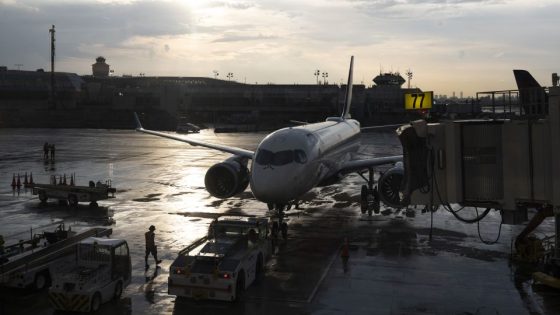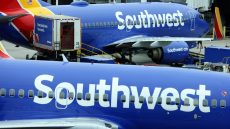On February 17, 2025, travelers faced the reality of involuntary downgrades at airports, where they were informed that their pre-booked seats in premium economy, business, or first class were no longer available. This situation, while not common, is more frequent than many passengers realize, often leading to frustration, particularly on long-haul flights.
- Involuntary downgrades can happen unexpectedly.
- Overbooking is a common downgrade reason.
- Document everything for compensation claims.
- EU regulations offer stronger passenger protections.
- Act quickly to maximize compensation opportunities.
- Loyalty to an airline may reduce downgrade risk.
Involuntary downgrades can happen for various reasons, including overbooking, equipment changes, or crew requirements. Airlines often sell more tickets than available seats to maximize profits, leading to potential downgrades when all passengers arrive. Anton Radchenko, a consumer rights lawyer and aviation expert, experienced this twice in 2023, highlighting that overbooking was the cause of both incidents.
Passengers should be proactive if they find themselves downgraded. Documenting the downgrade is essential; this includes obtaining a written explanation, taking photos of the new seat, and keeping boarding passes. Such records are crucial for filing compensation claims. For example, Radchenko received $1,000 back from Delta Air Lines after being downgraded from premium economy to the main cabin.
Airlines are required to compensate passengers for involuntary downgrades according to Department of Transportation (DOT) rules. Compensation may vary, including fare difference refunds or travel vouchers. However, calculating the fare difference can be complicated due to dynamic pricing. Passengers should ensure that the refund is based on the original ticket price at the time of booking.
In Europe, protections are stronger under EU Regulation (EC) No. 261/2004, which mandates compensation for downgrades based on flight distance. For instance, Radchenko received 75% of his ticket price back after being downgraded on a British Airways flight. Understanding these regulations can significantly aid passengers in navigating the complexities of involuntary downgrades.
Involuntary downgrades can be a frustrating experience for travelers, but understanding the reasons behind them and knowing one’s rights can help mitigate the impact. Being prepared and informed increases the chances of receiving compensation and ensures a smoother travel experience.

































